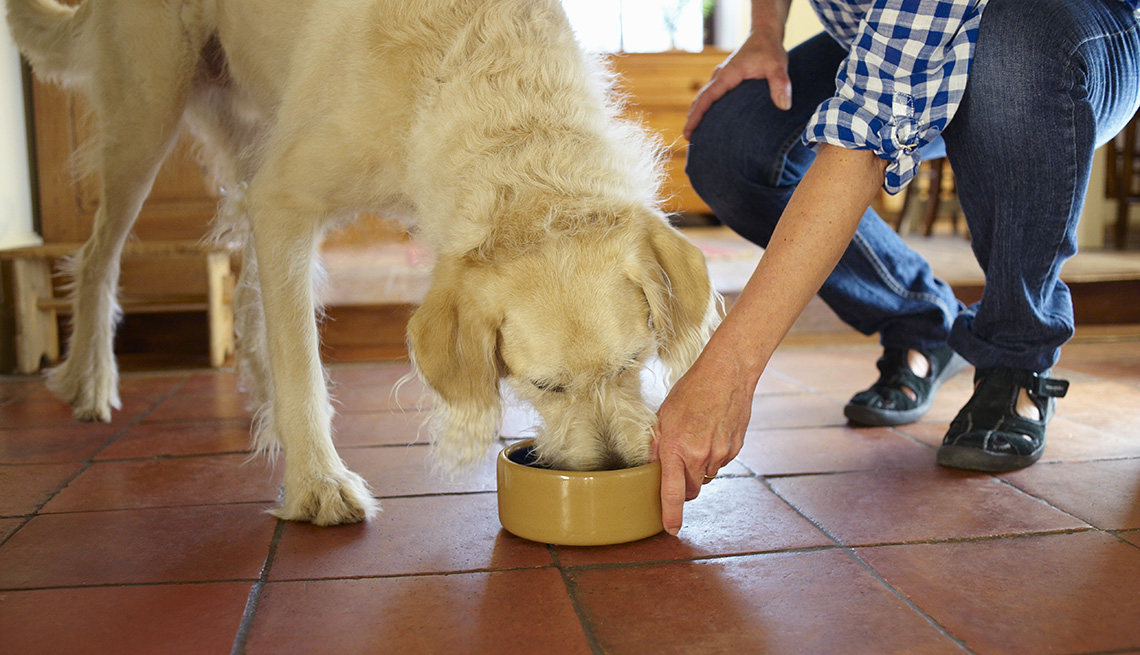
- Select a language for the TTS:
- UK English Female
- UK English Male
- US English Female
- US English Male
- Australian Female
- Australian Male
- Language selected: (auto detect) - EN
Play all audios:
I’ve recently been helping a friend who has been managing her mother’s transitions from a hospital to a rehab facility, and then again to another rehab facility that wants to send her home
before she, or her family, is ready. It reminded me of how tough family caregiving transitions can be. As a longtime family caregiver of many, including both parents and my sister, I’ve been
through many of them — some smooth, others unexpected and rocky. Caregivers play a crucial role in easing transitions, advocating and ensuring that loved ones adjust and get appropriate
care along the way. Moving our loved ones from one care setting to another is stressful for everyone involved. It’s invariably complicated and confusing, and I’ve often experienced poor
communication among hospitals, facilities and family caregivers. A lot can get lost in the shuffle, and our loved ones can wind up back in the hospital, which is terrible for them. Family
caregivers are the only consistent people on our loved ones’ care teams. Yet we often feel left out of the transition process. That’s why it’s up to us to be proactive. When faced with a
care transition, planning is key, even if you have only a few days. Here are some ways you can help your loved ones with care transitions. 1. DO YOUR HOMEWORK AHEAD OF TIME CARE TRANSITION
CHECKLIST * Contact discharge planner/social worker * Discuss options/plans with patient * Talk with health care practitioners and therapists * Get printed medication list, prescriptions
and discharge instructions * Get hands-on demonstrations/instruction on medical/nursing tasks; photos/videos * Get appropriate clothing and personal supplies * Arrange for transportation
upon discharge * Ensure transfer of medical records between facilities/providers prior to, at time of and following the transition * Arrange for next step in care: FACILITY: Visit;
review care provided, residents, visitors, meals, cleanliness, certifications, ratings, complaints, costs and insurance coverage HOME: Understand insurance coverage of home-based
care; arrange for home modifications, medical equipment, personal care, medical care, therapies, meals, transportation, visitors/socialization, prescriptions It’s a good idea to be aware of
the hospitals and rehabilitation, skilled nursing and assisted living facilities in your parent or other loved one’s immediate area. Talk with your loved one about their preferences, goals
and wishes about where, if needed, they would want to receive treatment, rehabilitate and live. Review the ratings of Medicare-certified facilities at the Medicare Compare site, and talk
with family members of people who have been there. Make a list of your top three to five options. A little bit of basic research ahead of time will lower your stress levels in a crisis when
you may need to make decisions quickly. 2. START PLANNING FOR DISCHARGE AT THE BEGINNING OF A HOSPITAL OR REHAB STAY Don’t wait until discharge is imminent. Ask to speak with a hospital
discharge planner or social worker for help planning your loved one’s next steps, care, transportation to their next place, insurance coverage and payment plans right away — or at least as
soon as you have an idea of the kind of care they will need as their next step. GET HELP. If you’re unable to manage all aspects of the transition because you’re involved from a distance or
because of other responsibilities, consider enlisting the help ofa geriatric care manager, an aging life care expert, or a case manager associated with their insurance. There are also
patient advocates at hospitals or in some private practices.







